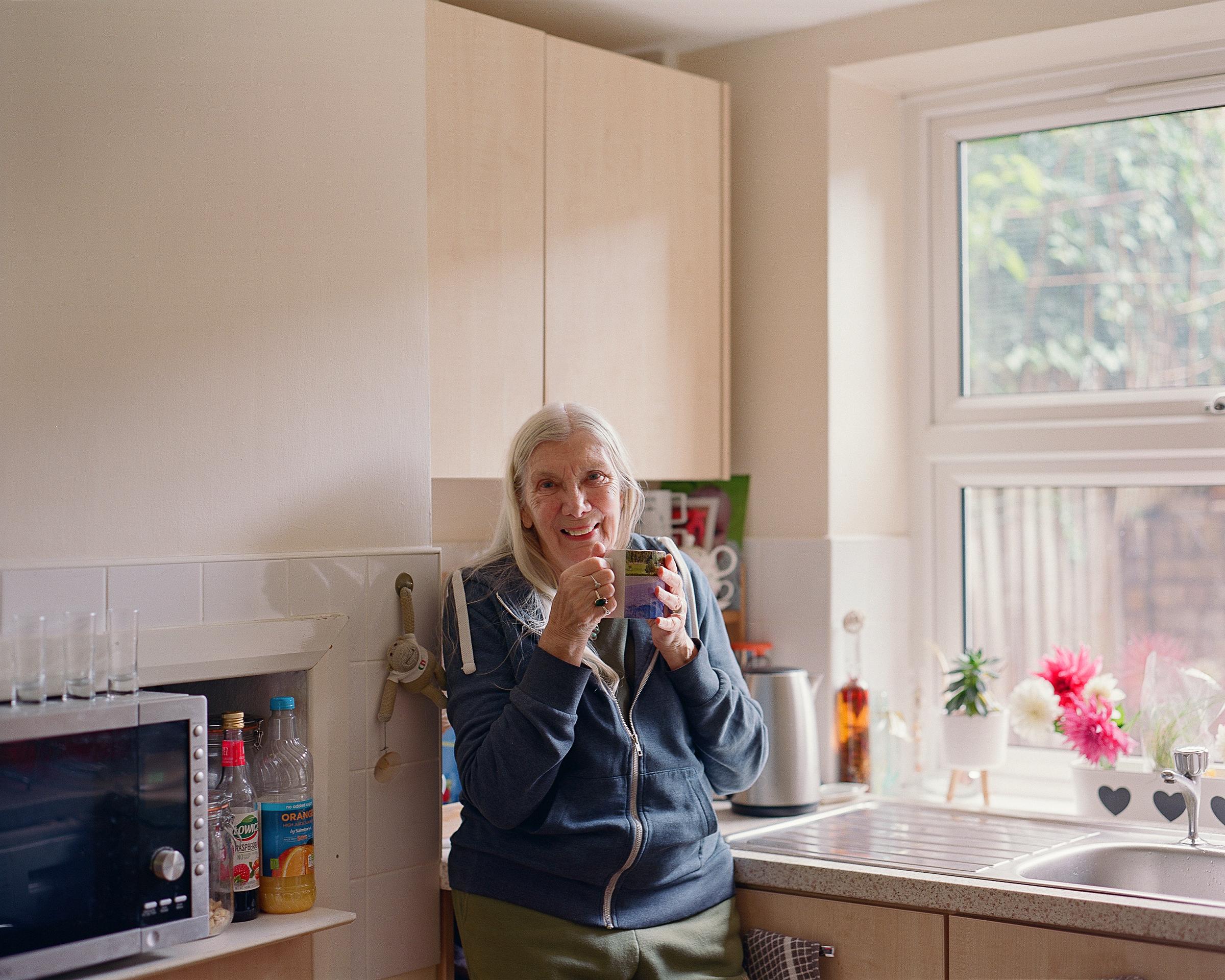Promoting social well-being in extra care housing
A look at ways of promoting and facilitating the social well-being of ‘frail’ people living in extra care housing.
The well-being of older people is an important issue for policy across health, housing and social care, and local authorities are increasingly considering extra care as a way of replacing older models of residential care provision and addressing low demand for traditional forms of sheltered housing.
The researchers interviewed residents and managers from six extra care housing schemes in England to explore their experiences.
They conclude that the social well-being of tenants should be a major consideration in the planning, designing and management of extra care housing and they identify a range of factors that need to be taken into account.
The authors have also reviewed the literature on best practice in promoting social well-being in housing and care settings.
Summary
This research explores best practice for promoting social well-being in extra care housing.
Key points
- The following are especially important for the social well-being of tenants and should therefore be considered when planning extra care housing:
- adequately funded activities that cater for a range of interests and abilities;
- opportunities to develop and maintain a social life that is independent of the housing scheme;
- the involvement of designers, local planners, service providers and other interested parties at an early stage of development, to integrate housing schemes with the local community;
- restaurants and shops as venues for social interaction;
- care and support services outside core hours of work
- Some tenants are at particular risk of social exclusion, including people who have recently moved in, people who don’t receive regular contact from family or friends and people who have impaired mobility and/or reduced cognitive function.
- A person-centred approach to care provision can contribute towards social well-being. This should be based on comprehensive personal profiles developed in collaboration with tenants, their relatives and referrers.
- Key working systems can maximise the benefits of interaction with staff, particularly for tenants at the greatest risk of social exclusion.
- Social well-being depends on an understanding and toleration of diversity by a range of stakeholders, including tenants, family carers and professionals across housing, health and social care.
- The authors suggest that information on supporting social well-being should be included in profiles of extra care housing and other long-term care options.
Background
Since the 2005 general election there has been a renewed emphasis on older people’s issues, largely because an increasing proportion of the electorate is aged 50 or over.
Partnership, choice and control are central to the policy agenda, along with a rights-based approach to challenging discrimination and an increasing emphasis on evidence-based policy and outcomes. There is a growing body of evidence highlighting the importance of developing strategies for promoting well-being, which is reflected in recent government policy, but the promotion of mental health and well-being in later life has been one of the least visible areas of activity in older people’s services.
The concepts of well-being, independence and choice are also essential elements in the philosophy of extra care housing, which is becoming a popular model of specialist housing with care provision for older people. This research project explores best practice for promoting social well-being in this environment.
Research themes
Interviews with tenants and scheme managers identified a range of factors that play a part in promoting social well-being for people living in extra care housing. The following emerged as particularly important themes.
Friendship and social interaction
The friendships and acquaintances that many tenants developed within the scheme were the basis of their social lives. Opportunities for social interaction focused on a range of organised social activities. For others the ability to maintain social networks in the wider community was equally important.
The provision of facilities
The extra care housing schemes that took part in this project had a range of on-site facilities that served as important venues for social interaction. These included shops, restaurants, communal areas, hairdressers, beauty salons, gardens and day centres.
Design, location and layout
A common design feature of the schemes was an indoor ‘street’, a central route through the scheme around which a range of facilities are arranged. If sensitively designed, this can provide a safe, dry and level environment that maximises accessibility and increases the opportunity for tenants to meet each other for both formal and informal social interactions. The positioning of schemes in rural locations can reduce tenants’ ability to engage with the local community.
The philosophy of care
The overall approach within any scheme towards tenant welfare and well-being is largely determined by the policies of provider organisations and the experience and attitude of scheme managers and care staff. A person-centred approach to care provision supports social well-being through key worker systems, along with a flexible approach to spending time with tenants.
Engagement with the local community
Tenants who took part in the study used a range of amenities in the local community and local community members accessed resources within the schemes. There was a real sense that being part of community activities away from the schemes made life more interesting and stimulating.
The role of family carers
Family members, even those who don’t live locally, are an important source of social contact for many tenants, offering practical and emotional support.
About the project
This research was carried out by Simon Evans, a senior research fellow at the University of the West of England, Bristol, and Sarah Vallelly, research manager with Housing 21. The project ran from April 2006 to March 2007 and data was collected through 36 in-depth interviews with extra care residents and managers from six extra care housing schemes in England.
Downloads

This report is part of the housing topic.
Find out more about our work in this area.